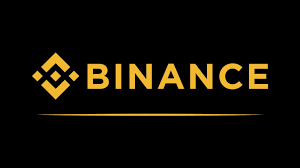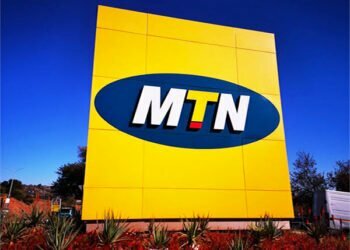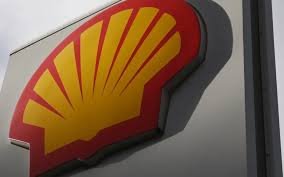A brewing tension has emerged in Nigeria’s downstream petroleum sector over Dangote Refinery’s opaque pricing structure.
Stakeholders are demanding clarity on the refinery’s Premium Motor Spirit (PMS) pricing mechanism, which has sparked concerns among retail outlet owners and prompted calls for better communication.
On Channels Television’s The Morning Brief, Petroleum Products Retail Outlets Owners Association of Nigeria (PETROAN) President Billy Gillis-Harris emphasized the need for transparency.
He said, “As I speak to you this morning I don’t know what the Dangote price is all about. At this point in Dangote’s campaign into Nigeria, retail outlet owners like us should be able to know this is how much Dangote is willing to sell to us and we have kept that shrouded in secrecy up until now.”
The controversy comes amid recent fuel price hikes across major Nigerian cities. The Nigerian National Petroleum Company Limited (NNPCL) has increased pump prices significantly, with Lagos seeing a jump to ₦998 per litre from ₦855, while Abuja experienced an even steeper rise to ₦1,030 from ₦897.
The situation is particularly frustrating for stakeholders who had hoped the entry of Dangote Refinery would help stabilize fuel prices in the domestic market. Instead, the refinery has opted to use NNPCL as an intermediary, creating what some view as an unnecessary layer in the distribution chain.
“NNPC came out and gave us a price template, that also did not tell us what is the exact price input from Dangote. So, we would encourage Dangote to open up space of communication, talk with all the stakeholders, get valuable inputs from everybody because it is a business that involves Nigerians, retail outlet owners like us, marketers and different consumers,” Gillis-Harris emphasized.
The PETROAN president acknowledged the pride in having such a facility operating within Nigeria but stressed the importance of business transparency.
“So, there should be some level of business transparency even if it is a private business which we are so proud of that we have such facility operating in Nigeria, but we need to start to see the works,” he stated.
Explaining the recent price increases, Gillis-Harris pointed to challenges in product availability: “What I can tell you is, once there is difficulty in landing products by NNPCL and the size of shock absorbing that they can do become overwhelming, they will certainly shed some of the loads.”
This development underscores a broader issue in Nigeria’s fuel market dynamics, where despite having a local refinery, prices continue to be subject to market forces.
The situation raises questions about the actual impact of domestic refining on fuel prices and the role of various stakeholders in the pricing mechanism.


























